I’d like to introduce the concept that coalescing or “convergent thinking” may be detrimental within an organizational setting. By this, I mean that individuals working in the same or similar space often tend to think similar thoughts.
Their connection and proximity can lead them to begin thinking alike. Birds of a feather flock together. This can happen even on a personal level, as there can be a natural tendency to have friends that think similarly to the way you do.
Therefore, the impact of convergent thinking can have a negative result when review panels or committees are composed to collect input among colleagues. Composing review panels with individuals located in the same space or who think alike can stifle diversity of thought or opinion.
When composing a review panel, it is certainly important to select individuals who have a relevant or similar specialty or background to ensure they understand the issue, but it is also important to include individuals who may have divergent opinions on a particular subject. Why? Because it is important to hear all sides of an issue and gain the perspective of a variety of individuals and even disciplines as well.
When governmental entities like the Food and Drug Administration (FDA), Center for Disease Control and Prevention (CDC), Center for Medicare and Medicaid Services (CMS), etc. select review panels they often select experts within the area being examined which can result in a panel of people already known to the agency who tend to think like the agency.
Another challenge is when those selected to serve on a panel, see possible benefit from being on the panel and in turn want to please the selectors. Further, when panels are presented information by agency staff it is often easy to tell what the agency’s position is or what their desired outcome or result is.
Because the attendees want to please the selectors or want to be reselected for subsequent panels, they tend to lean toward the agency position… again, convergent thinking.
For me personally, when I am asked to participate on a review panel I ask what they want from my participation? Do they want my unbiased opinion? Or are they hoping I will support their opinion? I must then consider what I want to achieve by being on the panel. Am I looking to enhance the output, simply participate, or provide input? I also try to look objectively at the composition of the panel and can generally tell where people may come from in terms of input and opinions.
I want to know if the result is preordained? I have served on many governmental panels so tend to ask other implicit questions to determine if I am merely lending my name and credentials to the outcome possibly without having the opportunity to provide real input and also consider what the reaction might be if I disagree, would I be eroding my own credibility.
My concern with this trend is that many review panels have results that are preordained. It is not logical to see 22-0 or 21-1 votes from a review panel… not unless the deck was stacked, or the individuals selected suffer from convergent thinking. Whenever, there are unanimous decisions it should be a sign that the composition or selection process for the group is flawed in some way. This phenomenon is not limited only to governmental review panels but has become too commonplace in other organizations and on company boards.
When I decide to participate on a panel, I want to know that I will have the opportunity to offer true input. That does not mean that the group needs to ultimately share my same views, rather I can offer valid input and have the group outcome be one I don’t agree with, as long as the process was clean and all individuals were able to share their unique perspectives. Personally, I enjoy listening and learning from others’ perspective on issues via dialogue.
But I do urge you to think about this phenomnon the next time you hear output from review panels for the FDA, CDC, CMS, or others and consider what credibility the vote may hold given the dynamics discussed above.
Featured news
Ted’s Take: Errors in formulas and what it means for AI
Spinach is the best source of iron. I’ve understood this for decades now. As I ate more and more healthy foods, I’d choose spinach salads because of the “great” nutritional value, particularly iron.
Ted’s Take: An ounce of prevention
They stay an ounce of the prevention is worth a pound of cure. Isn’t it the truth.
How physicians are paid
Despite a growing need for general practitioners, the Medicare system is not helping with this shortage given the maldistribution of reimbursement between general medical providers and surgeons and other specialists.

Jayne Koskinas Ted Giovanis
Foundation for Health and Policy
PO Box 130
Highland, Maryland 20777
Media contact: 202.548.0133


